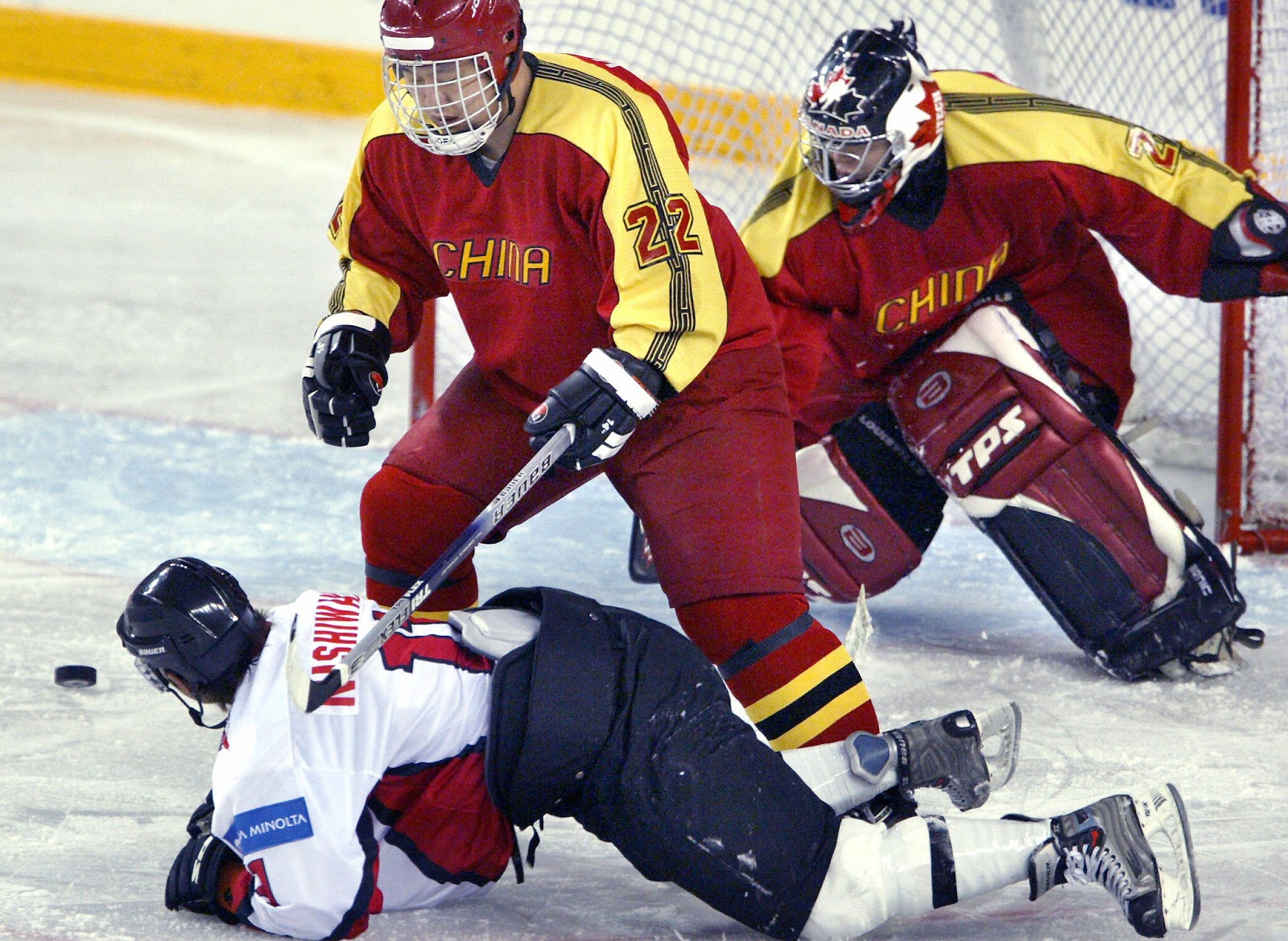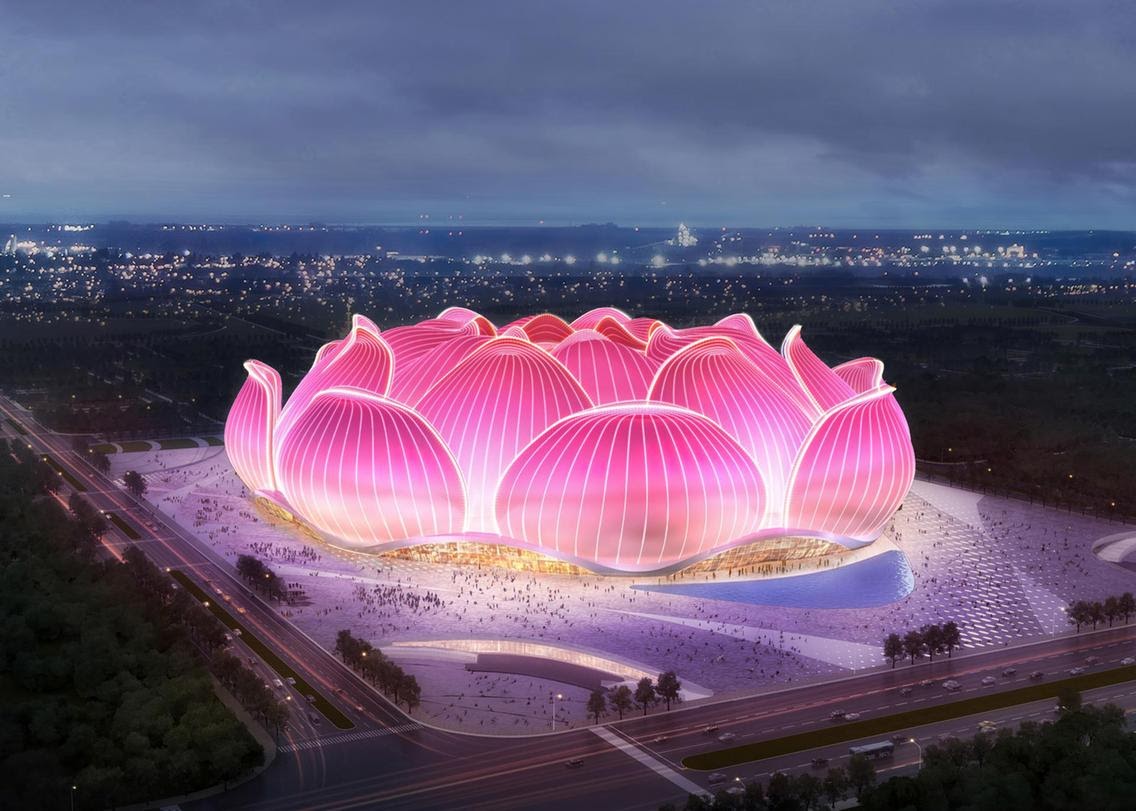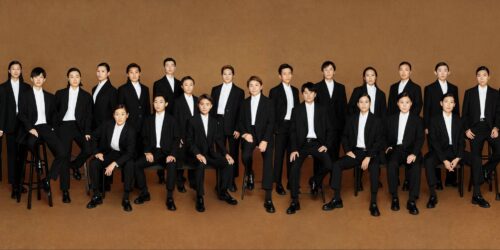Sun Yang kicked out of Olympic training as rival reveals harassment from Chinese fans

The China Sports Column is a The China Project weekly feature.
Just when you think Sūn Yáng 孙杨 would slip out of the news cycle, more news about the banned Olympic champion arrives.
Swimming World Magazine reported on Thursday that the Chinese Swimming Association (CSA) had withdrawn an invitation to Sun to train with the Olympic swim team.
The CSA initially invited Sun to be part of its elite squad training, despite the swimmer’s eight-year ban for a drug-testing violation.
The training camp, which is set to last from this week until June, was meant to be the final preparation for the now-postponed Tokyo Olympics.
The invite to Sun may have been a potential breach of laws relating to training for banned athletes, prompting a statement from the CSA:
Based on the WADA Code, Sun Yang has been banned from competition after the Court of Arbitration for Sport (CAS) made the decision. That won’t change during Sun Yang’s appeal to the Swiss Federal Tribunal against the CAS decision. The previous No49 document [invite to the swimmers] is therefore invalid.
Sun was banned from all competitions for eight years in February for smashing a blood vial and denying anti-doping testers the chance to test his samples following a hearing at the Court of Arbitration for Sport.
At the time of the revelations, first revealed by The Sunday Times in January 2019, there was outrage across the swimming world. Among athletes, leading the anger was Sun’s long-time Australian rival Mack Horton.
Now, the family of the Australian has revealed the extreme levels of abuse and harassment they received during the last four years.
Back in 2016, Horton called Sun Yang “a drugs cheat” following a 400-meter freestyle heat during the Rio de Janeiro Olympics, referring to Sun’s dodgy doping controversies around the time. Last July, Horton refused to take the podium with the swimmer after Sun claimed gold in the 400-meter free.
In an interview with The Australian, the parents of Horton, Andrew, and Cheryl, described the unconscionable levels of threats and abuse the family had been subjected to.
The abuse reportedly included dog feces thrown into the garden to broken glass planted at the bottom of their pool after the family home was broken into.
“We’ve had so many death threats that we’ve stopped taking them seriously,” Andrew Horton said.
Andrew also told the Australian that his business had been hacked, believing it to be part of a systematic operation.
~
China men’s ice hockey get the worst Olympic group imaginable

The International Ice Hockey Federation (IIHF) unveiled the draw for the Beijing Winter Olympics on Friday, and the host team finds itself in a group alongside Canada, the U.S., and Germany.
Canada is ranked No. 1 in the world while the U.S. and Germany are ranked 6th and 7th, respectively. China is ranked 32nd.
However, there is the possibility that the NHL will stop their players playing in the Olympics, as was the case in Pyeongchang at the previous Winter Olympics.
Both the Canadian and American teams are entirely made up of players from the NHL, while Germany has a few stars that also play in the world’s top league.
The NHL announced at the start of the year that they would make the announcement in August this year to give the national teams plenty of time to prepare for the Beijing Games.
If the NHL decides to pull the players from the tournament, then Team China will have a fighting chance to escape the group, albeit with a squad of naturalized players. We still wouldn’t bet on it, though.
~
Guangzhou Evergrande plans 100,000-seat stadium

Reigning Chinese Super League champions Guangzhou Evergrande is planning to build the world’s largest soccer stadium.
The stadium, which is estimated to cost the Evergrande group $1.7 billion, will boast 105,000 seats, more than FC Barcelona’s 99,354-seat Camp Nou.
The design, which has divided public opinion, is shaped like a lotus flower, and will be one of a number of soccer-specific stadiums that will be built in China in the run-up to the 2023 Asian Football Confederation’s Asian Cup.
“Evergrande Stadium will become a new world-class landmark comparable to the Sydney Opera House and Burj Khalifa in Dubai, and an important symbol of Chinese football to the world,” Xia Haijun, president of the Evergrande Group, told reporters at the breaking-ground ceremony. “We hope the stadium will host the opening ceremony of the 2023 Asian Cup.”
Weirdly, Guangzhou will not host any games in the Asian Cup, with Beijing, Tianjin, Shanghai, Chongqing, Chengdu, Xi’an, Dalian, Qingdao, Xiamen, and Suzhou selected as hosts.
While the stadium is undoubtedly an impressive feat of engineering, one gets the impression that it is only being built to break the world record.
Currently, Guangzhou Evergrande gets an average attendance of 45,000 in its 55,000-seat Tianhe Stadium.
Unless Chinese soccer booms in a considerable way, it is unlikely that the stadium will ever be filled.
The China Sports Column runs every week on The China Project.





